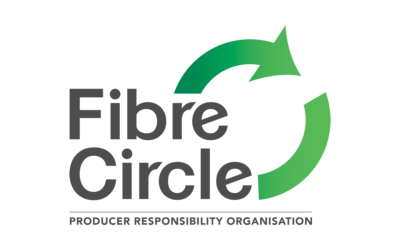Dr Fortunate Mafeta Phaka is an environmental scientist and wildlife TV producer striving to introduce more harmony into the relationship between culture and biodiversity in South Africa.
He is the author of A Bilingual Guide to the Frogs of Zululand, an English and isiZulu book that makes wildlife knowledge more linguistically accessible.
Phaka is currently working as a postdoctoral fellow in herpetology (the study of amphibians and reptiles) at the South African Institute of Aquatic Biodiversity. His efforts here are directed at demonstrating the conservation potential of South Africa’s cultural practices, and how we can all work to protect the biodiversity on which we rely.
His current research focuses on understanding how South Africa’s nature- based cultural practices can be used to improve conservation so that it becomes socially inclusive while still protecting biodiversity. Since South Africa’s National Environmental Management Principles encourage consideration of all people and their knowledge, this research hopes to improve environmental science’s alignment with national policy and make recommendations on how to integrate traditional cultural practices into current conservation measures. His research has been successful in demonstrating that there are traditional cultural practices that protect nature.
Phaka often works as a wildlife TV producer, director and script adviser. His most recent film work was as a producer for the nature and culture programme Imvelogy on SABC2.
In 2017, he received the ACRS Future Leader of Conservation Award from the Amphibian Conservation Research Symposium. Phaka was also featured in Mail & Guardian 200 Young South Africans in 2016.
He is a project director at Youth 4 Africa, a wildlife NPO that helps young people better understand how they can be part of conserving our country’s biodiversity. He leads experiential conservation experiences where the youth spend a month gaining hands-on experience looking after nature reserves.
We can all work to protect the biodiversity on which we rely















